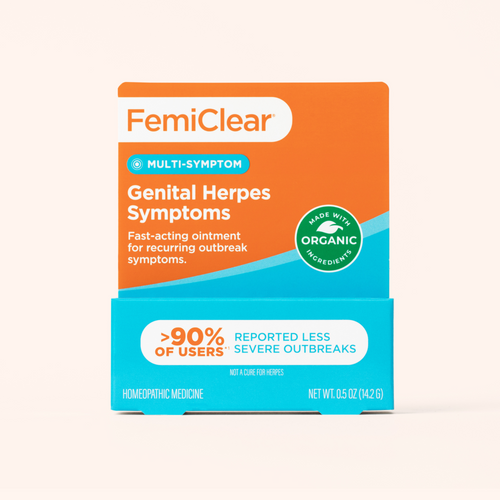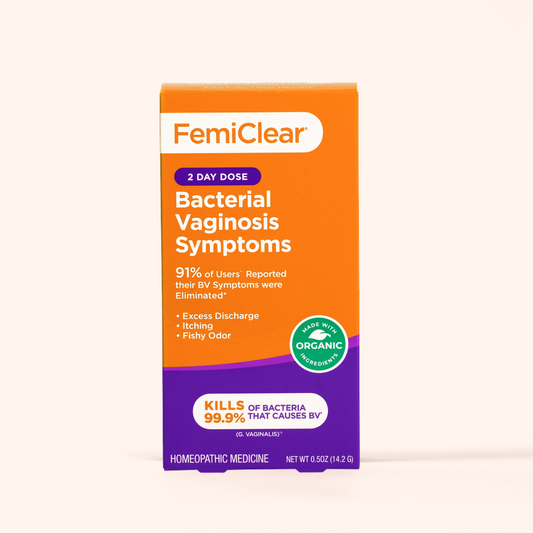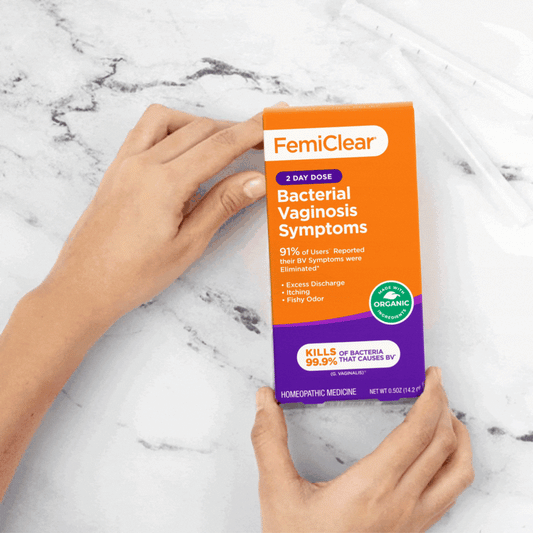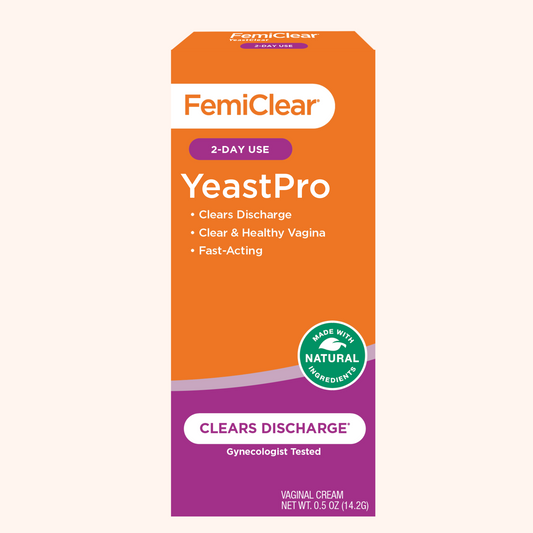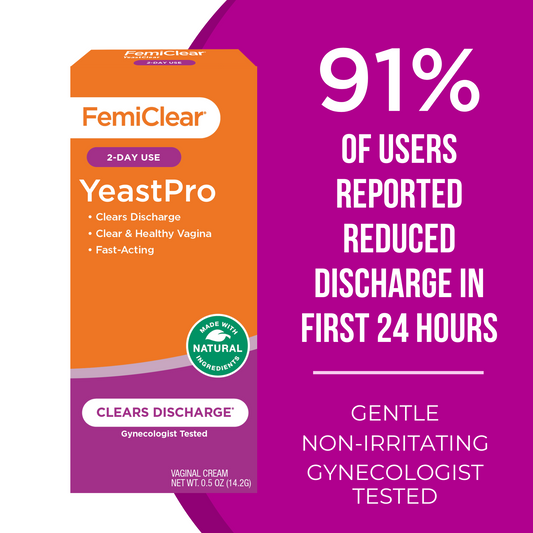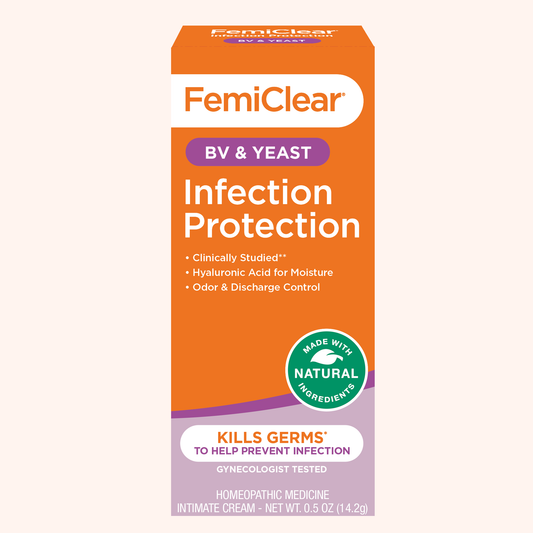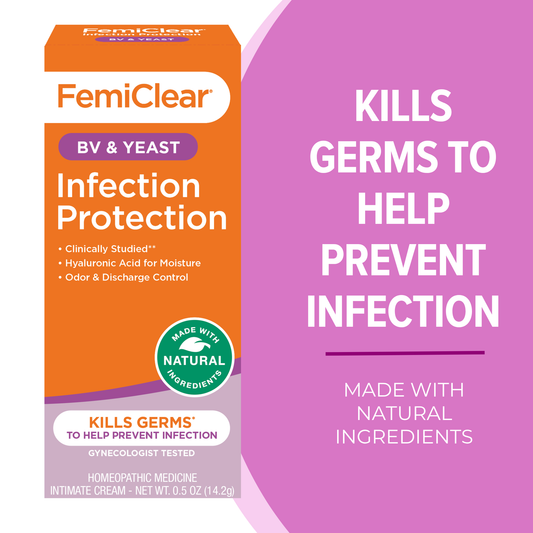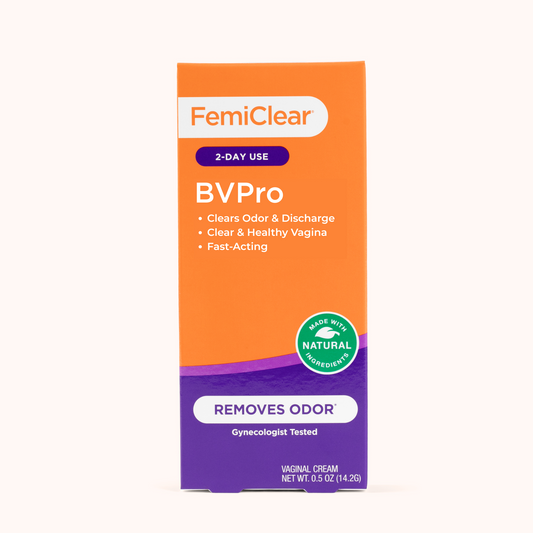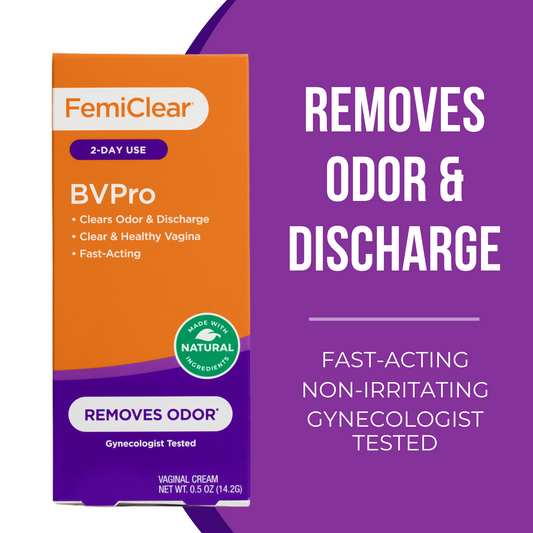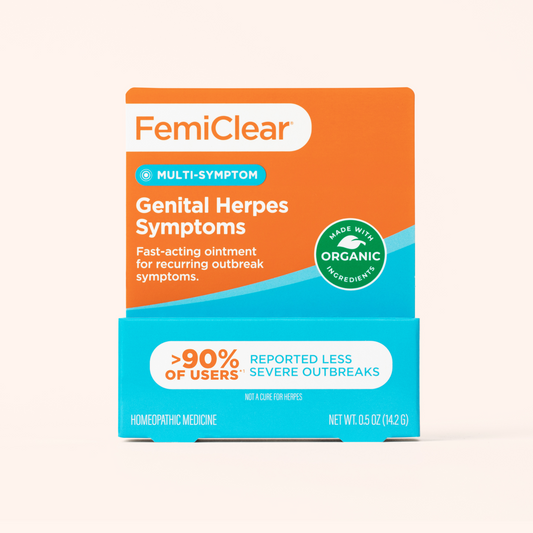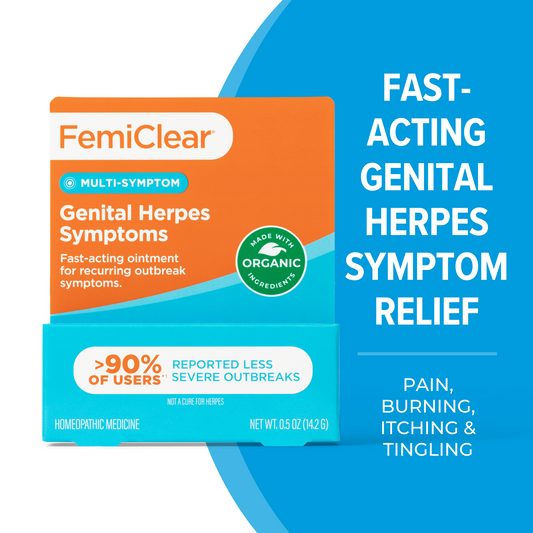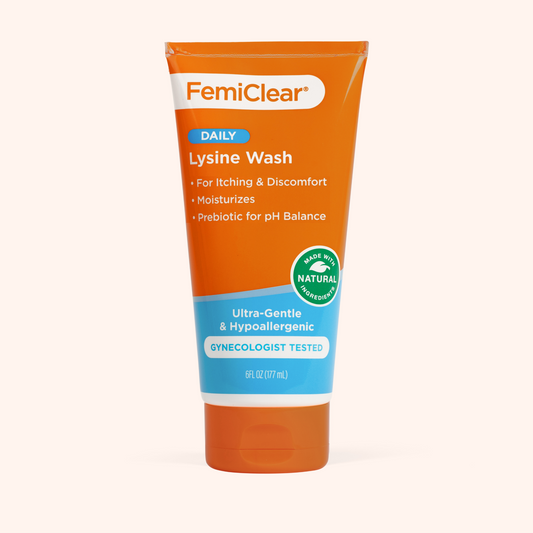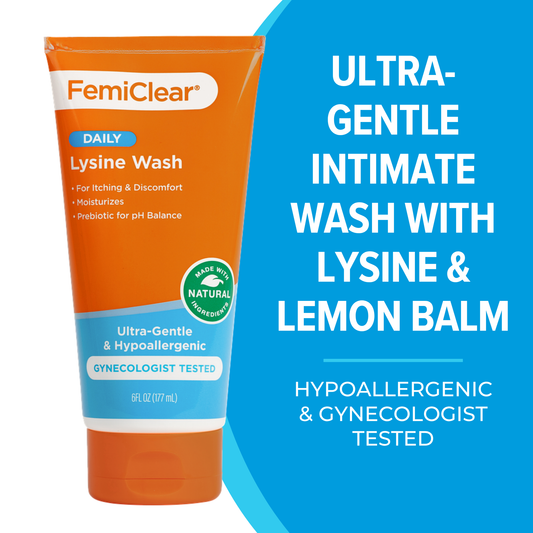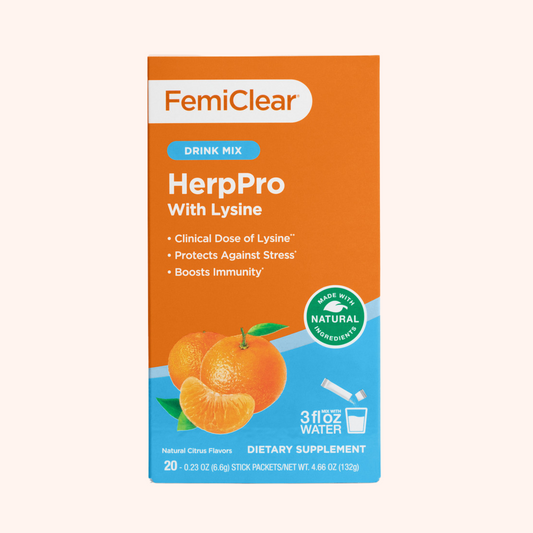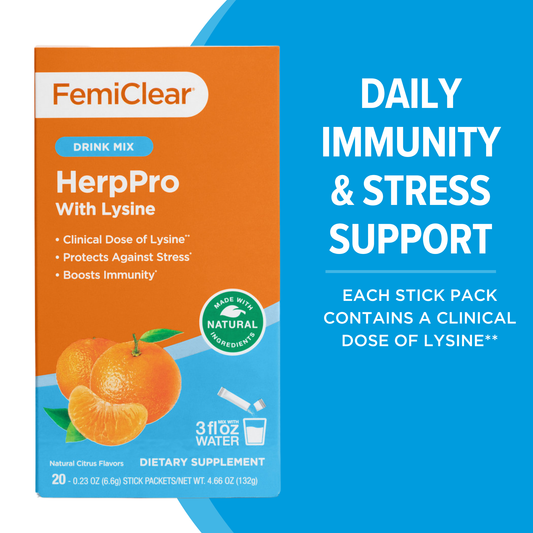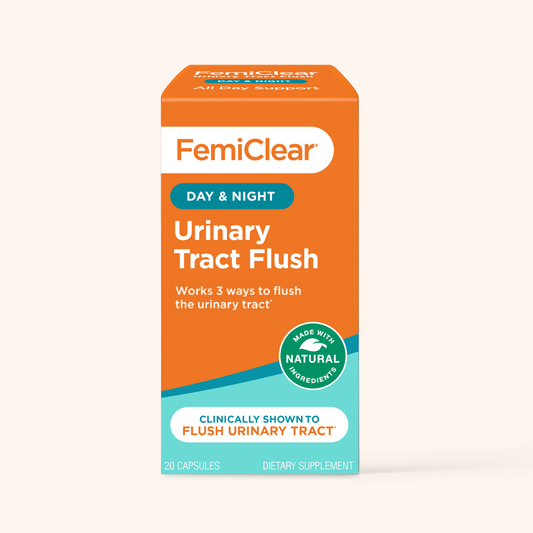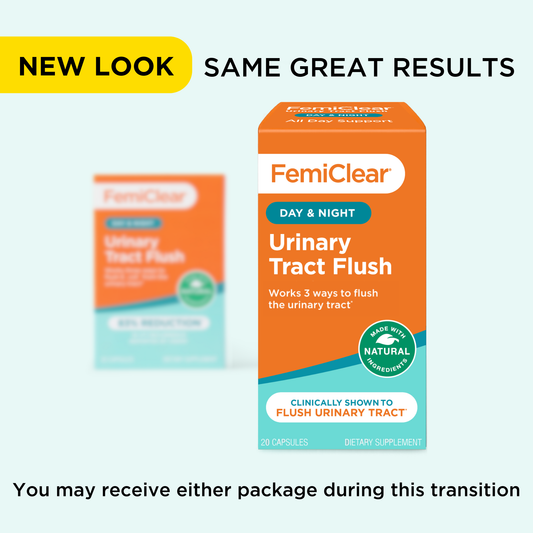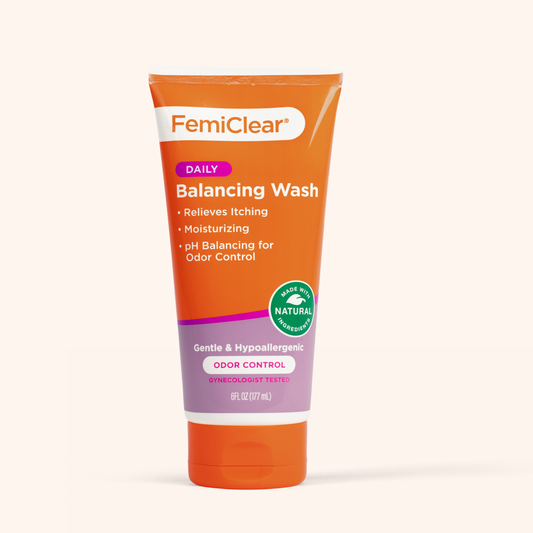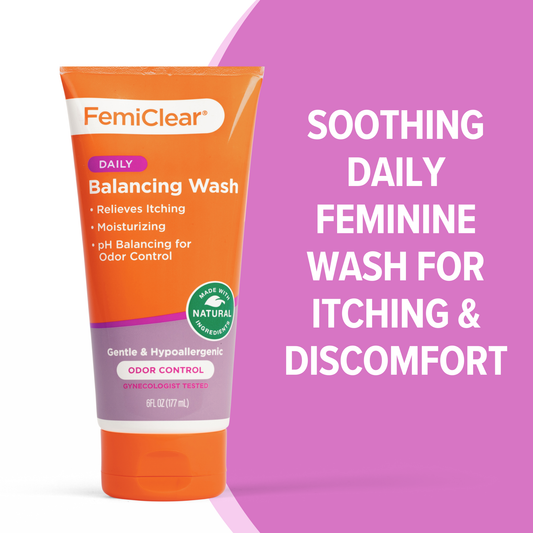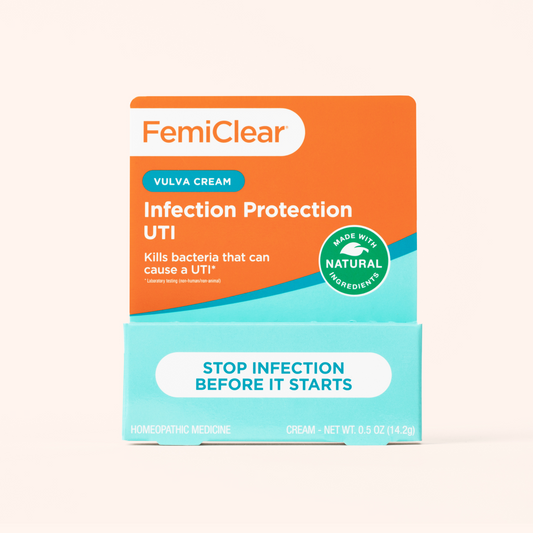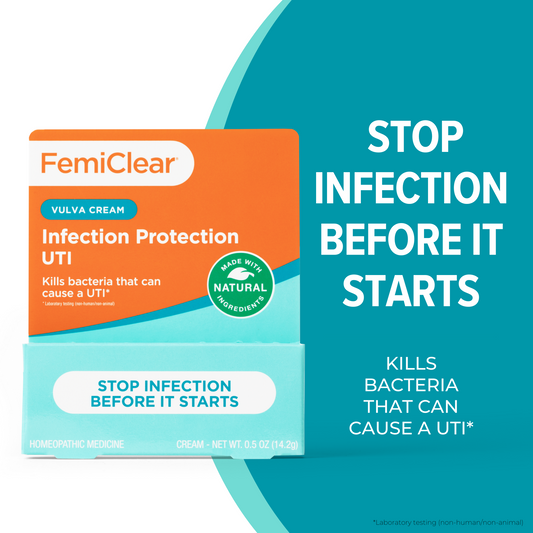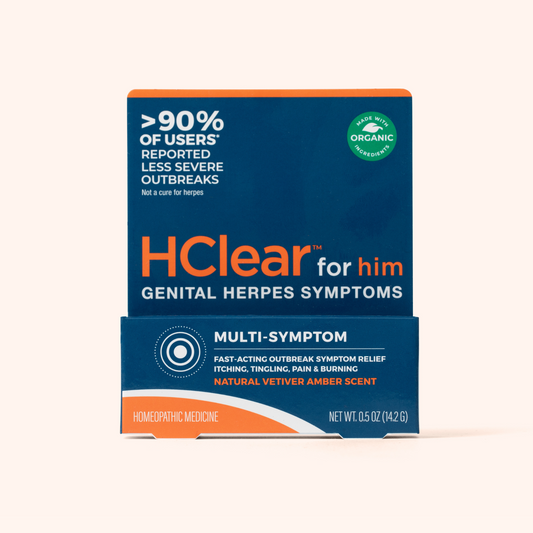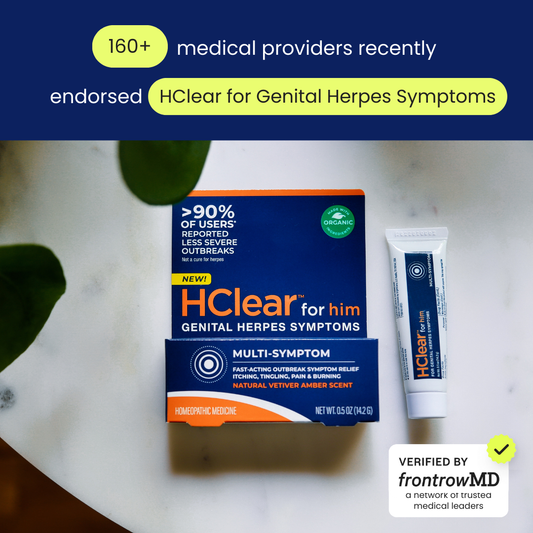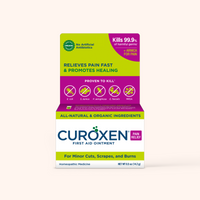Table of Contents
Table of Contents
What is the difference between HSV1 and HSV2?
May 08, 2025

This post was originally published in March 2023 and has been updated for comprehensiveness.
We know that herpes can be an uncomfortable topic, but there’s important information about this virus that everyone ought to know. The truth is, there are two types of herpes, each affecting different parts of the body. If this is news to you, don’t beat yourself up - many people aren’t aware of this distinction. Fortunately, we’ve got your back! In this article, we break down the two types of herpes, HSV-1 and HSV-2, so you can better understand how they differ.
The Herpes Simplex Virus
HSV, short for the herpes simplex virus, is the virus that causes herpes. It’s divided into two broad categories, with the first category being oral herpes (HSV-1 or Type 1) and the second category being genital herpes (HSV-2 or Type 2).
Both types of HSV are highly contagious and can cause fluid-filled blisters wherever the infection is, known as a herpes outbreak. Once the blisters break, they turn into sores or ulcers that can be painful. However, many people with the virus have no symptoms and may not know they’re infected.
Herpes develops when the virus enters your body through the skin. Oral herpes, or Type 1, spreads mostly by oral contact and causes infections in or around the mouth. The infections are commonly known as cold sores. Genital herpes, or Type 2, spreads through sexual contact and causes symptoms around the genital areas.
Herpes is not curable, but it is treatable. Once you're infected, the virus remains in your body for life. It usually stays dormant but can reactivate, leading to outbreaks. Treatments are available to manage symptoms and lower your chances of spreading the virus.
How Are HSV-1 and HSV-2 Similar?
Before we jump into how HSV-1 and HSV-2 are different, we’ll first explain how they’re similar. To start, both spread from skin-to-skin contact with someone who has the virus. Second, there are no vaccines to stop the transmission of either type of herpes. Third, you should also know that they are both highly contagious. Lastly, many people never get tested and are entirely asymptomatic, which means many people have it and don’t know.
Skin to Skin Contact
Both HSV-1 and HSV-2 are spread by skin-to-skin contact and can be transmitted even with no present symptoms. Close contact, such as sharing utensils, kissing, or engaging in sexual activity, is normally required for transmission. People are most contagious during active outbreaks when they have visible blisters or sores. You can prevent contracting herpes by not sharing any foods or drinks and avoiding physical contact with anyone who has an active outbreak.
No Proactive Vaccine
At this time, there is no vaccine for herpes. However, you can take preventative measures to avoid contracting the virus. The best way to prevent HSV-1 is by not sharing utensils and drinks and abstaining from sexual activity.
The best way to avoid getting HSV-2 is by abstaining from sexual activity. If you are sexually active, being in a long-term monogamous relationship with someone who does not have herpes and using condoms correctly can reduce your risk. If your partner does have herpes, you can reduce your risk if your partner takes anti-herpes medication every day and you abstain from sexual contact during an active outbreak.
Highly Contagious
Both variations of HSV are highly contagious. HSV-1 is most commonly spread in childhood or early adulthood through non-sexual contact with saliva. It can be spread through sharing utensils, drinks, or kissing. Many people do not get symptoms from HSV-1 and are unaware they have it, which can contribute to them spreading it unknowingly.
HSV-2 is spread primarily through sexual contact during vaginal, anal, or oral sex. For both variations, you are more likely to be contagious during an active outbreak, although you can spread the virus at any time.
Difference between HSV-1 and HSV-2
While HSV-1 and HSV-2 share similarities, they have key differences that set them apart. First, they’re transmitted differently. HSV-1 is spread from oral contact, while HSV-2 is spread primarily through sexual contact. They also affect different parts of the body and cause symptoms that vary in severity.
How Are They Transmitted?
HSV-1, or oral herpes, is typically spread from oral contact, like kissing or sharing utensils. You might be surprised to know that close to 50 percent of adults have HSV-1 worldwide, so it’s pretty common. However, here’s something interesting. While HSV-1 prefers to live near the mouth, it can still spread to the genitals if someone with a cold sore has oral sex.
When people hear the word herpes, they’re usually thinking about HSV-2. This strain of the herpes simplex virus is usually transmitted from having genital and/or anal contact during sex and is especially infectious when active sores are present. Statistics tell us that more than 10 percent of Americans under 50 have genital herpes, but we know these numbers may be underestimated. Like the other type of herpes, HSV-2 can spread to the mouth if you have oral sex with someone who has genital herpes.
Differences in Signs and Symptoms
If you’re infected with HSV-1, you’ll notice cold sores or fever blisters inside or around your mouth. For some people, cold sores are only a minor inconvenience. For others, they may cause significantly more discomfort. However, after a few weeks, they should go away on their own, but they may return in the future.
With HSV-2, however, blisters and ulcers on a woman may appear on the anus, cervix, vagina, vulva, or inside of your thighs. In addition, it is generally more painful than HSV-1. Generally, the first herpes outbreak is the most unpleasant, and many experience flu-like symptoms. Those with a new infection might have headaches, become feverish, experience body aches, and have swollen lymph nodes. It’s also not uncommon to experience burning while you pee or trouble peeing altogether. After the first outbreak, your symptoms should become less severe and more manageable.
Stages of HSV-1 and HSV-2
Both HSV1 and HSV2 cycle through stages that affect their symptoms and transmission. Understanding these stages can help you recognize the virus’s behavior, know what to expect, and manage your symptoms more effectively.
Initial Infection
The initial infection stage is when you first contract the herpes virus. With HSV-1, you may develop blisters or cold sores in the mouth region, but many people don’t experience symptoms at all. With HSV-2, you will typically experience genital sores, flu-like symptoms, and painful urination during this stage.
Latent
The latent stage of herpes is when you are not experiencing active symptoms but the virus is still present in your body. It’s important to note that you can still spread the virus during this time even without active symptoms.
Shedding
The shedding stage of HSV is when the body produces virus particles that can be spread to others through close contact. This phase happens periodically and can occur from multiple areas, including the mouth, genitals, and anus. While you “shed” the virus when symptoms are present, it is more common to do so while symptom-free, known as asymptomatic shedding.
Prodrome
The prodrome stage of HSV is when you start experiencing signs of an oncoming outbreak. These early warning signs can include itching, tingling, or pain in the typical outbreak areas and typically occur a few days before an outbreak appears. It is best to assume the virus is active and can be spread to others during this stage.
Prevention of HSV-1 and HSV-2
To prevent getting HSV-1, it’s best to avoid oral contact with others, especially if someone has a cold sore. In addition, you should avoid sharing objects that have had contact with saliva, like utensils and drinks. You should also avoid oral sex if someone has an active outbreak.
Still, you may be wondering, can you have sex with herpes? To prevent the spread of genital herpes, it’s best to practice safe sex with condoms and avoid sexual activity during an active outbreak. Although this prevention method is not always perfect, as you could still shed small amounts of the virus at any time, it’s helpful. In addition, those with herpes should disclose their status to a new sexual partner. We know having the conversation is challenging, but we want to allow others to make informed choices.
Lastly, including a herpes screening in your next sexual health appointment can help you understand your status and make informed decisions. You can also discuss any questions or concerns you might have with your healthcare provider.
Treatment of HSV-1 and HSV-2
Many drugs, like antiviral medications, can help treat an outbreak of the herpes simplex virus or even lessen the likelihood that you’ll have an outbreak. Herpes and stress are connected, so managing your stress levels can also reduce your chances of future outbreaks. Certain drugs may also reduce the risk of you or your partner passing herpes to one another.
There are over-the-counter options, like FemiClear’s symptom relief ointment, that can help with tingling and itching during an outbreak. To help prevent future outbreaks, natural remedies such as applying lysine to genital herpes may be helpful.
That said, once you have either type of herpes, there is no cure. It will always be in your body, dormant until the next outbreak. It’s best to reach out to your healthcare provider if you are experiencing any concerning symptoms or want more guidance in navigating your diagnosis.
May 08, 2025

Multi Symptom Relief for Genital Herpes Symptoms
Kills 99.9% of the herpes simplex I & II viruses*
Learn More